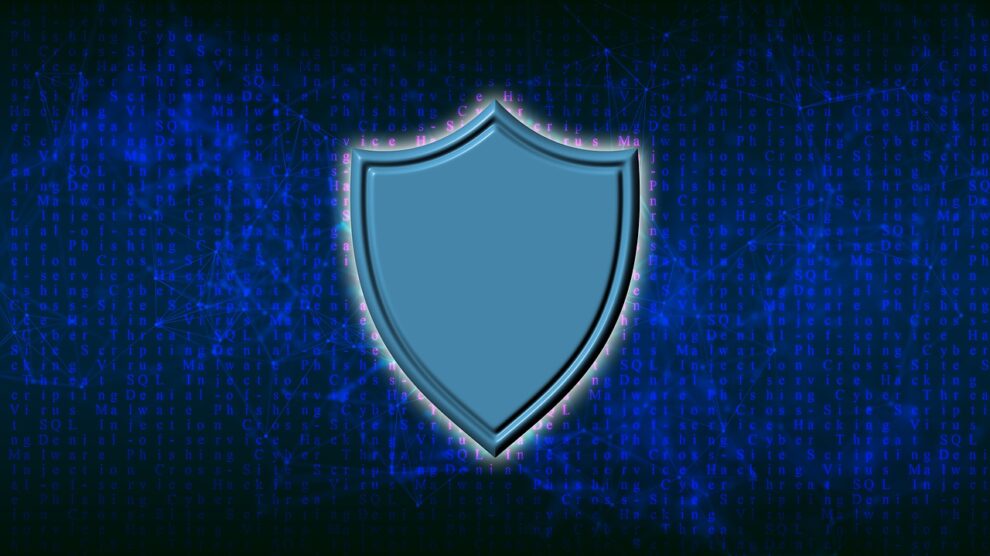There is a modern-day crime that damages a company’s finances and reputation in a matter of seconds: cybercrime. This type of crime is becoming more prevalent and the rise of remote work can make it even riskier. With more people accessing their jobs exclusively through the Internet, more personal details and data are put into a business’s network. That means more data is at risk in the event of an attack.
Types of Cyber Attacks
There are two main ways companies can get hit by a cyberattack. One type of cybercrime involves hackers locking access to a company’s internal network until a ransom is paid. Another is a data breach, where the personal information of customers and employees can be leaked to the general public.
Possible Damage from a Cyber Attack
The damage these crimes do to companies can be heavy. A data breach that leaks personal information exposes a company to liability that is often not covered by a general insurance policy. Companies are also required to notify all of their customers in light of a data breach, which can be costly. In addition, computer systems need to be repaired, data needs to be retrieved, and security must be strengthened. It is also possible for expenses to accumulate related to business interruption and even paying a ransom to regain access to one’s own computer network.
A lot of the time, data breaches and ransomware attacks are associated with big companies. That is because when large companies experience a data breach, it often makes the news. However, small businesses are also frequent targets for cybercrimes and should also take care to make sure they are properly covered. If a company, no matter its size, stores personal information about employees, vendors, partners, and customers, then cyber liability insurance is a necessity.
Cyber Liability Insurance vs. General Liability Insurance
Unfortunately, many companies might not bother to get cyber liability insurance because they already have general liability insurance. General insurance policies can make up for property and bodily damage resulting from a company’s goods and services. However, cyberattacks are not covered by general liability insurance.
Even though cybercrimes are often exempt from general insurance policies, they are covered with cyber liability insurance. This coverage can help with legal fees related to a data breach, notifying customers, retrieving data, and repairing damaged computer systems.
There are Different Types of Cyber Liability Insurance
There are several different kinds of cyber liability insurance and it is important to be familiar with the varying types of coverage to make sure you get ones that work for you. Features vary depending on specific insurance plans, but here are some benefits generally included in the different types of plans.
First-party coverage can cover a wide array of features. This includes forensic investigation to identify the attack and assess the damage, legal counsel, and data recovery. First-party coverage can also help minimize reputational harm and even provide coverage for extortion through ransomware attacks.
Third-party coverage helps mitigate financial stress caused by liability. Benefits include coverage for fines and penalties incurred from the breach and liability caused by damage done to vendors, partners, and customers.
There is also worldwide coverage, which can help with cybercrimes committed anywhere in the world. Different countries have different laws and regulations when it comes to privacy and customer notification, and worldwide coverage can help navigate data breaches occurring in different countries.
Another type of coverage is for business interruption, in case of a ransomware attack, and extended reporting period coverage. Sometimes, companies do not notice the attack immediately. Discovery can happen days after the event, and extended reporting coverage gives companies a little more time to report a data breach.
Exceptions to Cyber Liability Coverage
Even though cyber liability insurance is a necessary supplement to general liability insurance, there are still some exceptions to what it covers. Usually, this type of insurance does not provide coverage when a company’s employees get manipulated into sending money or important information to scammers online. In addition, coverage might include an assessment of damages and security weaknesses from forensic analysis. However, costs related to strengthening the security network often fall back on the company. It is also important to be aware of geographic restrictions on insurance plans. Even though cybercrime is not bound by a country’s borders, the insurance plans that protect companies often are.
How to Prevent an Attack
In addition to getting cyber liability insurance, there are a few things companies can do to protect themselves from an attack. Companies need to provide education and training to employees about the safe usage of the Internet. It is also important to maintain security with antivirus security programs and two-factor authentication for log-ins. Sensitive information should be frequently backed up securely and with encryption. It is also important for companies to create policies specifically with cybersecurity in mind. To make sure these policies are effective, companies can consult cybersecurity experts to avoid common pitfalls.
No matter the size of your company, it is important to minimize the risk of cyberattacks. Maintaining strong network security and investing in cyber liability insurance can keep you from paying heavily if hackers turn their attention to your company.





